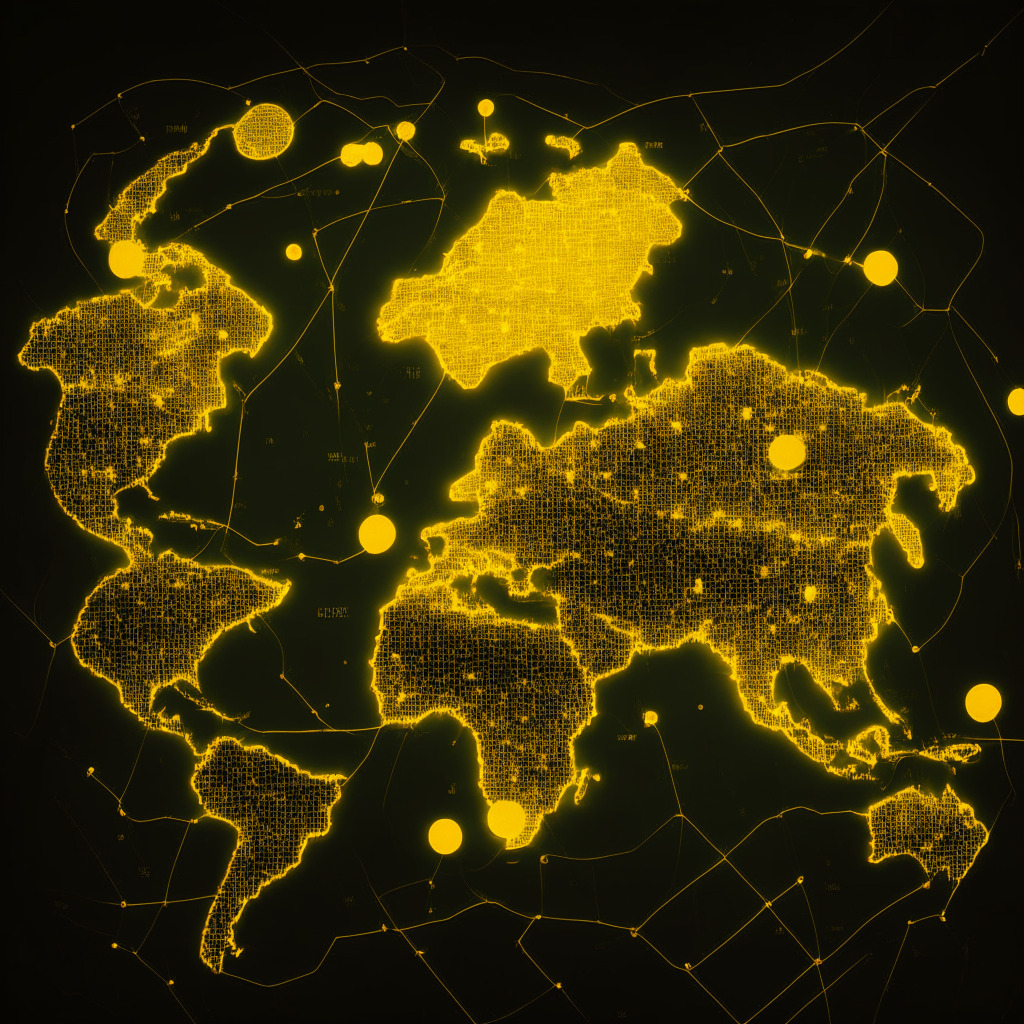Circle Internet Singapore, an affiliate of Circle, has recently been granted a Major Payment Institution (MPI) license by the Monetary Authority of Singapore (MAS). With this license, Circle will now be allowed to offer digital payment token services as well as domestic and cross-border money transfer services. This is a significant milestone for Circle, as Singapore has been identified as the company’s primary hub in Asia.
The stablecoin issuer is the second crypto company to receive Singapore’s MPI license this month, following Crypto.com. Other notable MPI license holders include DBS Vickers, Digital Treasure Center, Fomo Pay, Independent Reserve, Metacomp, Paxos, Revolut, Sparrow Tech, and Hako. Gemini has also expressed interest in expanding to the city-state.
The stablecoin of Circle, the USD Coin (USDC), currently ranks as the world’s second-largest stablecoin following Tether (USDT). However, USDC has experienced a decrease in its market share over the last year, falling from 34.88% to 23.05%. This can be attributed to the strong competition it faces from the larger stablecoin, USDT.
Six percent of the world’s crypto funds are based in Singapore, tying the city-state with Switzerland and Hong Kong for third place worldwide in this regard. The country’s friendly environment for crypto, along with its high rate of crypto adoption, makes it an attractive location for companies like Circle. Additionally, the Singaporean state-owned investment fund, Temasek, is a major backer of crypto-related ventures, with investments in companies such as Animoca Brands and Amber Group. Temasek was also involved in supporting the now-bankrupt crypto exchange with a $275 million investment.
That being said, there are still potential pitfalls. For instance, certain regulatory issues might arise as crypto companies continue to expand their operations in Singapore. Despite this, the expansion of Circle and other crypto companies into the city-state signifies a growing confidence in the legitimacy of digital currencies and blockchain technology in Singapore.
The granting of the MPI license to Circle Internet Singapore is undoubtedly a significant development. Not only does it show the steady growth of the blockchain and cryptocurrency industry in Singapore, but it also illustrates the country’s dedication to fostering a supportive environment for these emerging technologies. Only time will tell how Circle will use this newfound opportunity to enhance its presence in the Asian market and further strengthen its reputation as a leading stablecoin issuer.
Source: Cointelegraph




